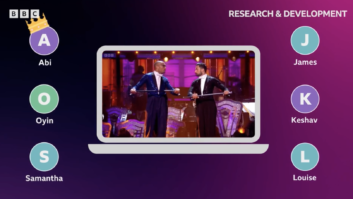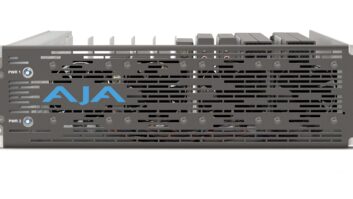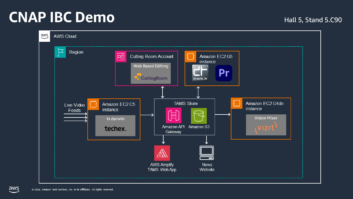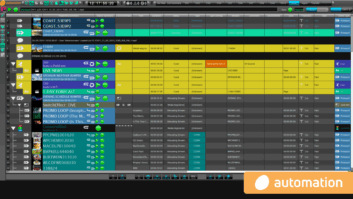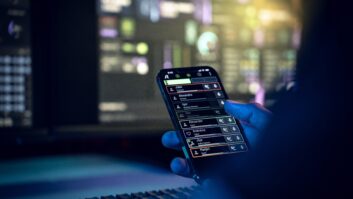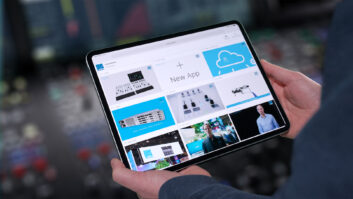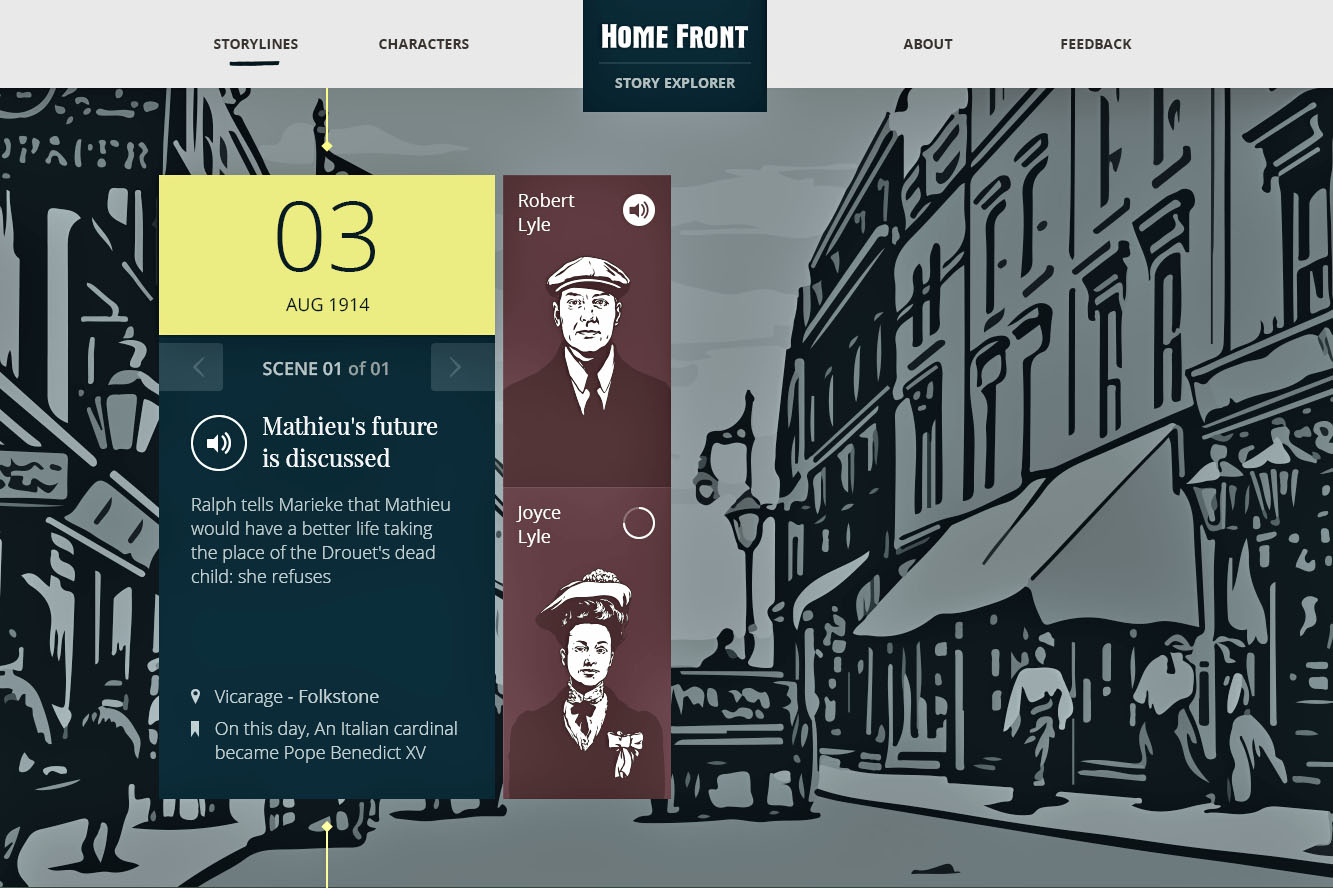
A new pilot was unveiled on BBC Taster this week, providing an augmented storytelling experience for the BBC radio drama, Home Front. Following extensive work by BBC Research and Development, the Home Front Story Explorer project is designed to ‘enhance the understanding and enjoyment of the stories that the BBC tells’ according to lead producer Tristan Ferne in blog post.
The Story Explorer team were tasked with developing software to track information for programme makers, recording the ongoing themes and story lines of TV and radio programmes and aiding writers and producers to chronicle character information over a prolonged period of time. There are hopes that the project will be extended to support television programmes in the future.
The new website accompanies the First World War drama Home Front, broadcast daily on BBC Radio Four since its launch in August 2014. The site allows users to trace individual storylines, follow characters, replay moments and share information with friends online.
BBC R&D has conducted extensive research into ways of telling stories via the web, and its focus, writes Ferne, is ‘on exploring the use of data to create new experiences for our audiences by breaking stories up into storylines, characters and moments. We have previously experimented with the stories of Doctor Who, The Archers and even original fiction.’ The research department has developed a common data model for stories, which is designed to work across drama, soaps, factual programming, and news on TV and radio. BBC R&D is currently building tools to help production teams and in the future, writes Ferne, ‘we’ll look again at how the concepts would work for news stories and beyond.’
The aim of the Story Explorer experiment is to solve a number of problems identified by BBC R&D, including: ‘Does it help you orientate yourself when starting to listen? Does it help you catch up and recap? Is it useful to have text summaries as well as the original media?’ These are issues which could just as easily apply to television programming, and, as Home Front editor Jessica Dromgoole explains, ‘the Home Front Story Explorer is an example of the work BBC R&D are doing to explore new experiences that become possible as programmes are increasingly delivered over the internet.’
